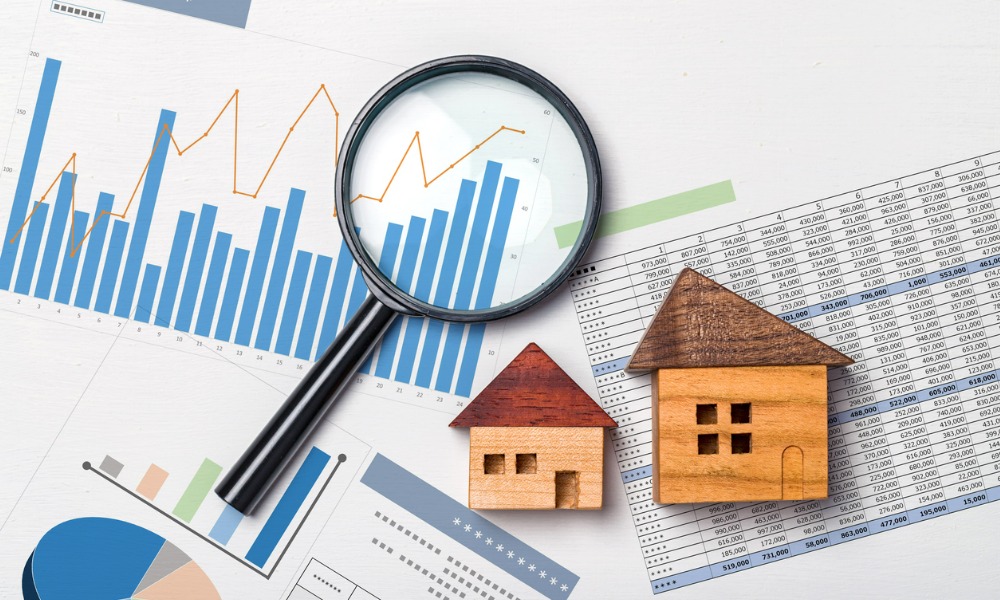Rising rents and broader cost-of-living pressures are weighing on renters

Skyrocketing rental prices could push poorer renters into “financial stress” in coming months, according to Reserve Bank deputy governor Michele Bullock.
Speaking at the Australian Business Economists’ annual dinner Wednesday, Bullock said there were “good reasons to think we are approaching the peak of inflation in this cycle,” but admitted that “the outlook for domestic energy prices and rents are two areas we are monitoring closely.”
Last week, the central bank said it expected inflation to hit 8% by the end of the year, before easing to 4.7% through 2023, The Australian reported.
Electricity and gas bills have risen by 10-15% since the middle of the year, with the majority of these rises to be reflected in the December quarter consumer price index, Bullock said. She said the spikes in retail power prices projected for next year would add one percentage point to inflation over the next 12 months – but even that estimate might be too conservative.
“We have built a large increase in electricity prices into our central scenario but there is a risk we haven’t incorporated enough,” Bullock said. “The situation in Europe remains very uncertain. On the other side of the coin, global supply chain pressures are easing quite quickly and that could turn out to be more of a dampening force than we are currently expecting.”
Bullock pointed out that nearly one-third of Australian households rent, and many of those households “have relatively low income and wealth.”
“Higher rents could push some renters into financial stress, particularly when combined with broader cost-of-living pressures,” she said.
Of 9.8 million households in Australia, 2.9 million are renting, according to the Australian Institute of Health and Welfare. The average price of new residential leases rose 18% nationally over the year to November, The Australian reported.
The actual price of rents paid was up 3% in the year to September, and Bullock said that rental price inflation was expected to increase more in the coming quarters, according to The Australian.
“Rental vacancy rates have declined since the beginning of the year and are at historic lows in a number of cities,” Bullock said, “Growth in advertised rents for new leases has been very strong as a result.”
The National Housing Finance and Investment Corporation said earlier this month that most households earning less than $78,000 per year were struggling to pay rent after decades of “chronic” underinvestment in social housing.
Bullock also predicted that the east coast floods would drive grocery bills higher in the coming months in another hit to renters’ wallets.
“The areas flooded in NSW, Tasmania and Victoria in October together account for a substantial proportion of agricultural output,” she said. “Affected products include winter cereal crops, fruits and vegetables, and dairy.”



